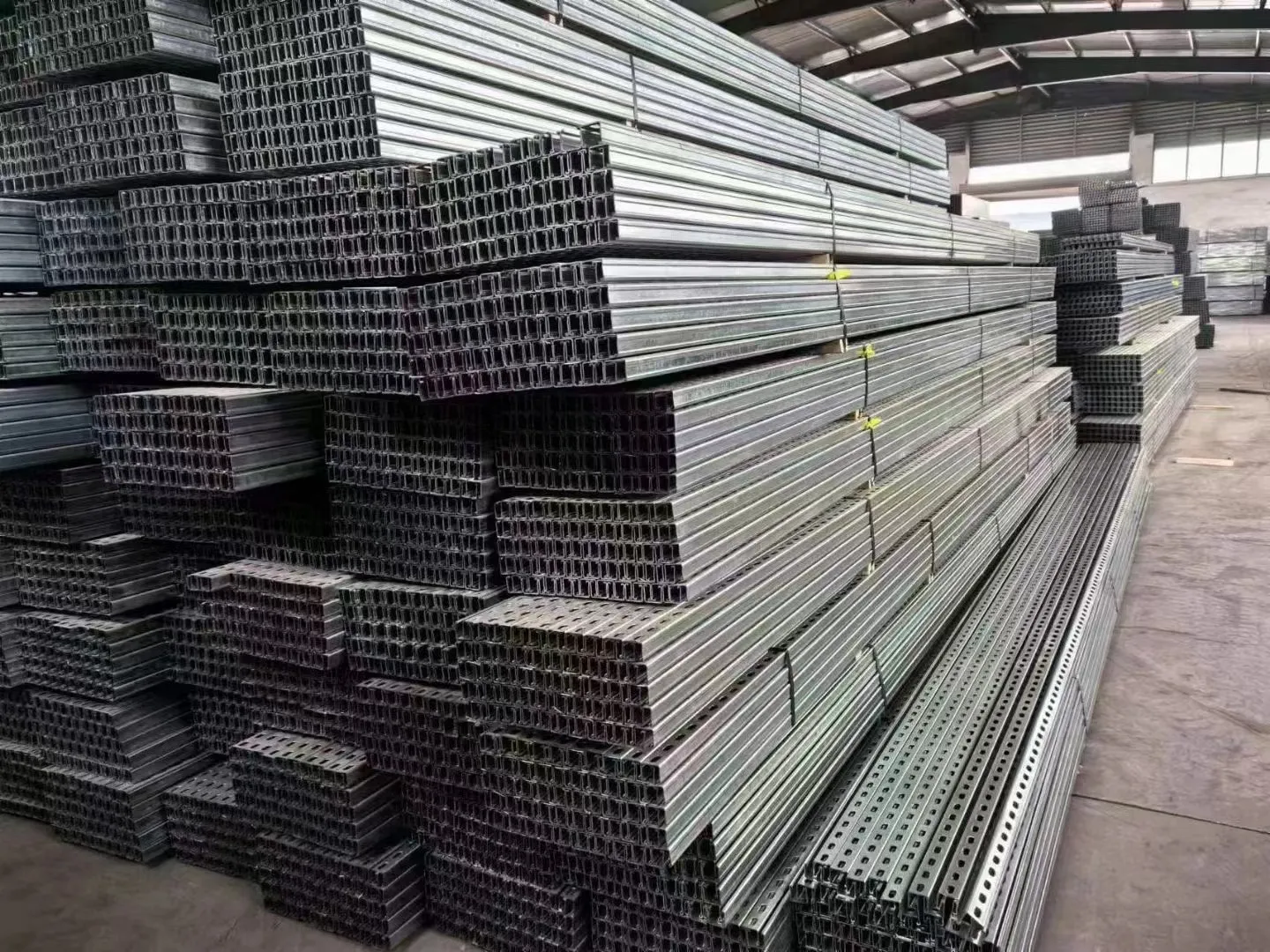

Brass Fasteners for Home Improvement Projects and Their Essential Uses
Sep . 27, 2024 19:54 Back to list
Brass Fasteners for Home Improvement Projects and Their Essential Uses
The Intricacies of Brass Nuts and Bolts A Comprehensive Overview
When it comes to fastening mechanisms, brass nuts and bolts hold a special place in various industries, owing to their unique properties and versatility. Brass, an alloy primarily composed of copper and zinc, has garnered attention due to its attractive appearance, corrosion resistance, and functional attributes. This article delves into the essential features, applications, and advantages of brass nuts and bolts.
Composition and Properties
Brass is known for its distinctive golden hue, which not only adds aesthetic value but also contributes to its usability in visible applications. The alloying of copper and zinc results in a material that exhibits excellent strength and durability. For nuts and bolts, the choice of brass can be particularly advantageous as it balances strength with formability. This allows for precision engineering, ensuring that the fasteners meet specific requirements in terms of thread dimensions and structural integrity.
One of the standout properties of brass is its resistance to corrosion. Unlike many other metals, brass does not oxidize easily, making it an ideal choice for applications exposed to moisture and varying environmental conditions. This characteristic extends the lifespan of nuts and bolts, thus reducing the need for frequent replacements.
Applications
Brass nuts and bolts are widely utilized across multiple sectors. In the automotive industry, they are used in various components due to their strength and corrosion resistance. They are ideal for engine components, electrical connections, and interior fittings. Similarly, in the construction sector, brass fasteners are favored for plumbing and electrical installations, providing durability and reliability.
Moreover, brass nuts and bolts find common applications in consumer goods, such as household appliances and furniture. They are often used in items where aesthetic appeal is as important as functional strength. The golden shine of brass adds a touch of elegance to fixtures, knobs, and handles, making them popular in decorative items.
brass nuts and bolts

Advantages of Brass Nuts and Bolts
The use of brass nuts and bolts comes with its own set of advantages. First and foremost, their resistance to corrosion makes them suitable for outdoor exposure and humid environments. This helps in maintaining the structural integrity of assemblies and reduces maintenance costs over time.
Another significant benefit is their excellent electrical conductivity. Brass fasteners are commonly used in electric and electronic devices, providing reliable connections. This property ensures that brass components can effectively transmit current without significant energy loss.
Additionally, the ease of machining and forming brass allows for complex designs and specifications. Manufacturers can produce a wide variety of sizes and shapes to meet diverse industry needs without sacrificing quality or performance. Given this flexibility, brass nuts and bolts can be customized for specific applications, which is crucial in specialized fields.
Conclusion
In summary, brass nuts and bolts are not just functional fasteners; they embody a blend of aesthetic appeal, durability, and versatility. Their unique properties make them a preferred choice across various industries, from automotive to consumer goods. By providing reliable performance and resistance to harsh conditions, they help streamline assembly processes and enhance the longevity of products.
As technology advances and industries evolve, the demand for high-quality brass fasteners continues to grow. Companies that understand the value of these components can harness their benefits to improve product integrity and achieve customer satisfaction. In a world where practicality meets elegance, brass nuts and bolts truly stand out as timeless solutions for modern fastening challenges.
Latest news
-
High-Strength Hot Dip Galvanized Bolts - Hebei Longze | Corrosion Resistance, Customization
NewsJul.30,2025
-
Hot Dip Galvanized Bolts-Hebei Longze|Corrosion Resistance&High Strength
NewsJul.30,2025
-
High-Strength Hot-Dip Galvanized Bolts-Hebei Longze|Corrosion Resistance&High Strength
NewsJul.30,2025
-
Hot Dip Galvanized Bolts-Hebei Longze|Corrosion Resistance&High Strength
NewsJul.30,2025
-
Hot Dip Galvanized Bolts - Hebei Longze | Corrosion Resistance, High Strength
NewsJul.30,2025
-
High-Strength Hot Dip Galvanized Bolts-Hebei Longze|Corrosion Resistance, Grade 8.8
NewsJul.30,2025

